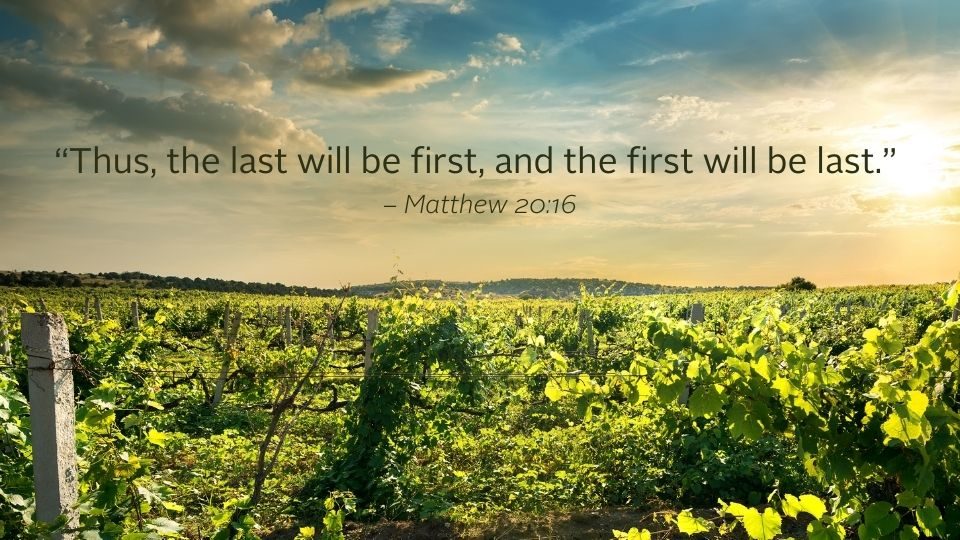Kindness, Abundance, and Equality for All — Your Weekly Reflection from CMMB

Today’s Gospel challenges us to question our own understanding of what is fair and just. In doing so, we can better understand God’s abundant generosity.
Our reading begins in Judea, where Jesus recites the parable of the workers in the vineyard. In the story, a landowner finds himself in need of laborers. One morning, he visits the market and finds a group of workers willing to spend the day in his vineyard. With the landowner, they agree on a fair wage for the day and begin their work.
Throughout the day, the landowner returns to the market—once at noon, again at three o’clock and once more at five o’clock. On each occasion he sends more workers to his vineyard. When it comes time to pay the workers, everyone is given the same daily wage—even those who started working at five o’clock. Outraged, the workers who began in the early hours of the morning accuse the landowner of treating them unfairly.
At first, we might agree with the workers. The pressures and expectations of today’s society encourage us to believe that those who worked fewer hours should earn less money. But if we reflect back on the start of the parable, we remember that the morning workers agreed upon a daily wage they received. The decision to give those who worked less than a day’s work full pay is not unjust—it is immensely generous.
The decision to give those who worked less than a day’s work full pay is not unjust—it is immensely generous.
Jesus concludes the parable with the phrase: “the last will be first, and the first will be last.” Those who believe their actions deserve more of God’s love will be last, and those who understand that God’s love cannot be earned will be first. His words remind us that even though God owes us nothing, he gives to us—all of us—equally.
This reading asks us to reflect on our understanding of fairness at time when COVID-19, social injustice, and racial disparities deepen the inequalities we strive to mend. Let us take this moment as an opportunity to pray that the world may live by God’s example and give kindly, abundantly, and most importantly, equally to all.
This Sunday, we’ll leave you with the words of Nelson Mandela, a man whose life we celebrate every year and whose peaceful fight for justice remains part of our daily work.
“Our human compassion binds us the one to the other – not in pity or patronizingly, but as human beings who have learnt how to turn our common suffering into hope for the future.” – Nelson Mandela
In grace and peace,
CMMB